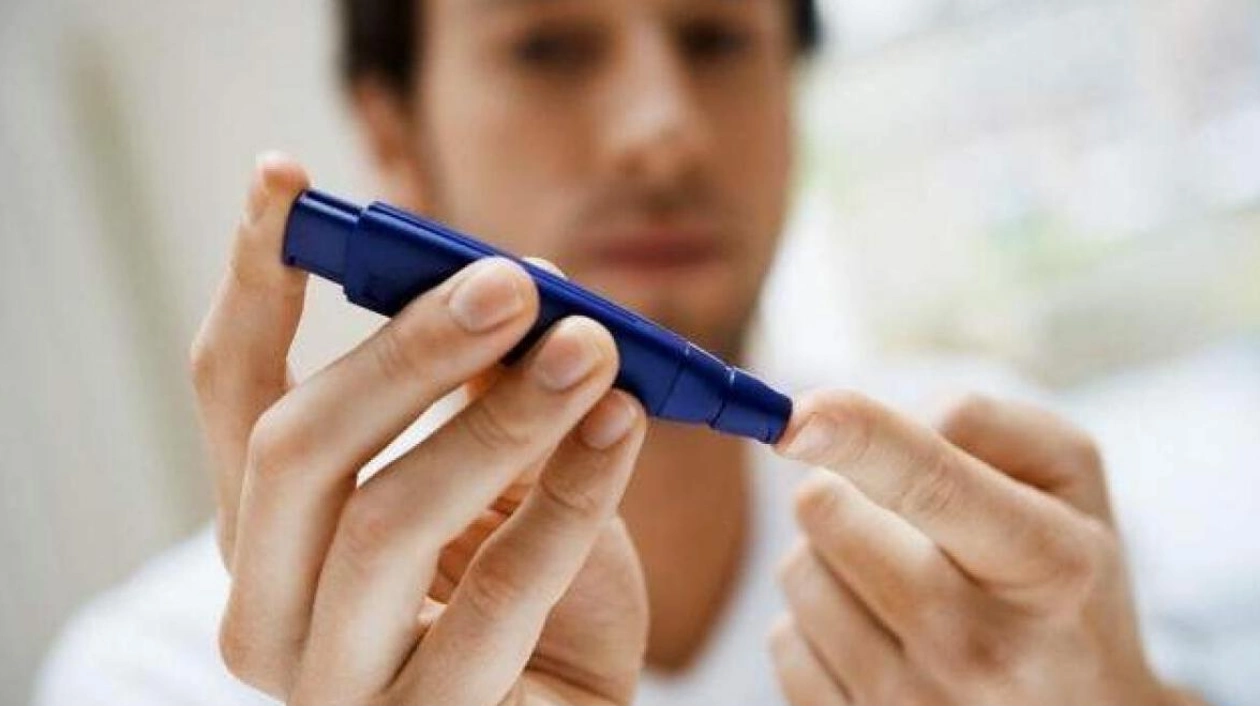A 58-year-old truck driver with Type 2 diabetes for 20 years suddenly lost vision in his right eye. Despite managing his blood sugar levels moderately well at home over the past two years, he had never had his eyes checked. Similarly, a 52-year-old female diabetic for 18 years experienced gradual vision loss over the past year, which worsened recently. She struggled with reading and noticed details were unclear, along with occasional flashes of light and floaters in her vision.
Both patients share the common risk factor of Type 2 diabetes, which can lead to not only heart or kidney disease but also blindness. Dr. Wissam Charafeddin, a specialist ophthalmologist at Barraquer Eye Hospital Dubai, who is treating the first patient, Ahmed, explained that diabetes can cause blindness, primarily through diabetic retinopathy, where high blood sugar damages the blood vessels in the retina. He noted that early-stage diabetic retinopathy often shows no symptoms, but untreated progression can lead to vision loss. Other eye conditions like cataracts and glaucoma are also more prevalent in diabetics and can impair vision.
Dr. Charafeddin mentioned that Ahmed had managed his blood sugar levels moderately at home for several years but hadn't visited an eye clinic in eight years. After suddenly losing vision in his right eye, Ahmed discovered he had a moderate hemorrhage in his right eye and advanced diabetic retinopathy in the left. He was advised to take a three-week sick leave and undergo an injection in his right eye and laser treatment in both eyes to halt the disease's progression. Fortunately, after clearing the hemorrhage, Ahmed's vision fully recovered without surgery, allowing him to return to work.
Dr. Abner Rivas Abejo, specialist Internal Medicine at International Modern Hospital, treating the second patient, highlighted that both Type 1 and Type 2 diabetics are at increased risk for eye complications. High blood sugar can cause both macrovascular and microvascular damage, including damage to the eye's blood vessels, leading to vision impairments or blindness, and peripheral nerve damage causing numbness or tingling in hands and feet.
Both doctors emphasize the importance of regular screening and good management of blood glucose, blood pressure, and cholesterol levels to significantly reduce the risk and progression of diabetic retinopathy. Regular eye checks are crucial for early detection and management of complications, preserving vision, and optimizing overall health outcomes. Dr. Charafeddin reiterated that many diabetes-related eye conditions often have no early symptoms, making regular eye exams essential to detect and address problems before they escalate to severe complications, including blindness. Yearly check-ups are crucial for monitoring eye health changes and ensuring timely interventions to protect vision, highlighting the vital role of consistent eye care and effective blood sugar control in maintaining healthy eyesight for diabetics.






